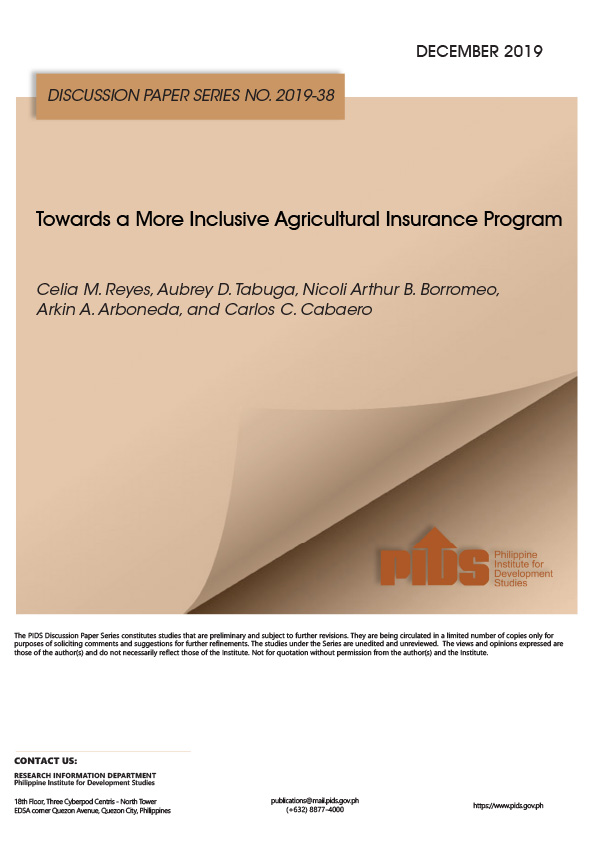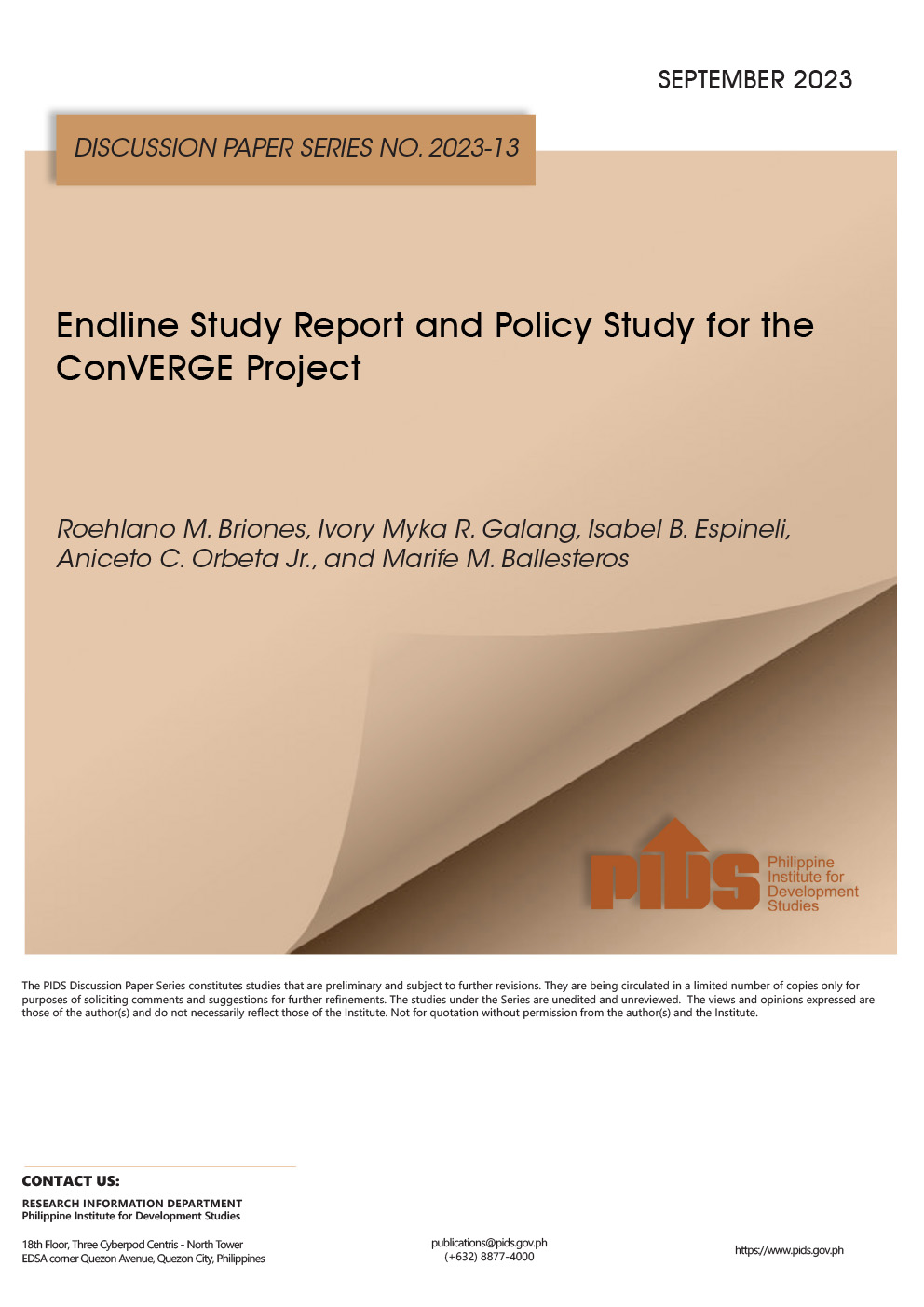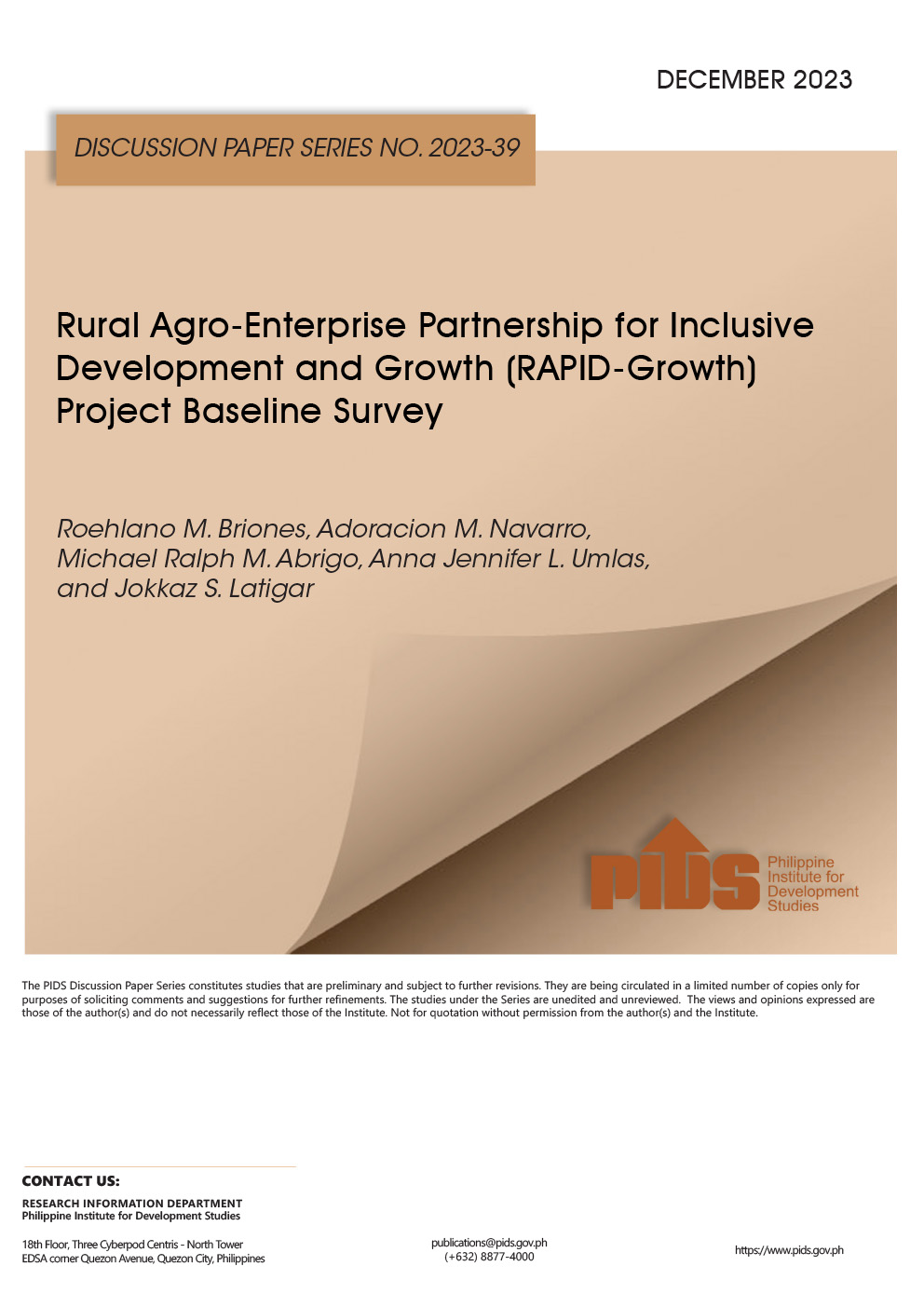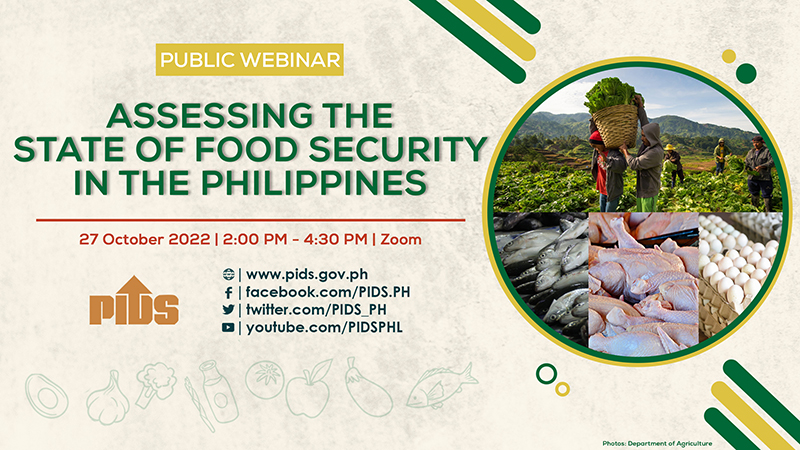The Senate Committee on Agriculture and Food is pursuing further review to update the 2009 Agri-Agra Reform Credit Act, mulling over the enactment of remedial legislation extending state insurance to cover farmers’ loan liabilities.
“We are passing a law on agricultural insurance,” Sen. Cynthia A. Villar, committee chairman, disclosed at a public hearing on Tuesday, even as implementing details of the plan are still being finalized.
Villar said access to cheap credit is the key to improving the agriculture sector’s productivity, as she vowed to further scrutinize the existing law embodied in Republic Act (RA) 10000, passed eight years ago to grant farmers and fishermen cheap credit.
“When the law was amended, the intention was to provide a financing system to improve the productivity of the agriculture and fisheries sector,” the senator recalled, noting that “years after its enactment, we want to know why we are still failing”.
She added the ongoing committee scrutiny is intended to find out “if the law delivered on its promise to improve competitiveness or further amendment needs to be done.”
The senator pointed out that, under the existing law, it retains 25-percent requirement of the loanable funds of banks to be dedicated for agriculture and fisheries, of which 10 percent shall be for agrarian-reform beneficiaries. Moreover, RA 10000 also provides for loans to support activities and purposes specified under the Agriculture and fisheries Modernization Act (Afma) and the Agrarian Reform Code.
In a hearing last month, the committee reviewed remedial bills proposing to either condone or restructure unsettled interests, penalties and surcharges on loans taken out by farmers under the program but Department of Agriculture officials failed to provide information on delinquent accounts sought to be condoned.
But more than condoning delinquent loans, Villar indicated she was also keen to find out “the reasons and conditions why there was inability to pay back the loans and what interventions are needed by the farmers.”
She cited findings by the Philippine Institute for Development Studies, which noted the inability to access cheap credit as a barrier to competitiveness of Filipino farmers, apart from “lack of mechanization, lack of technical expertise and lack of financial literacy”, which, she added, are already “being addressed” by concerned government agencies.











